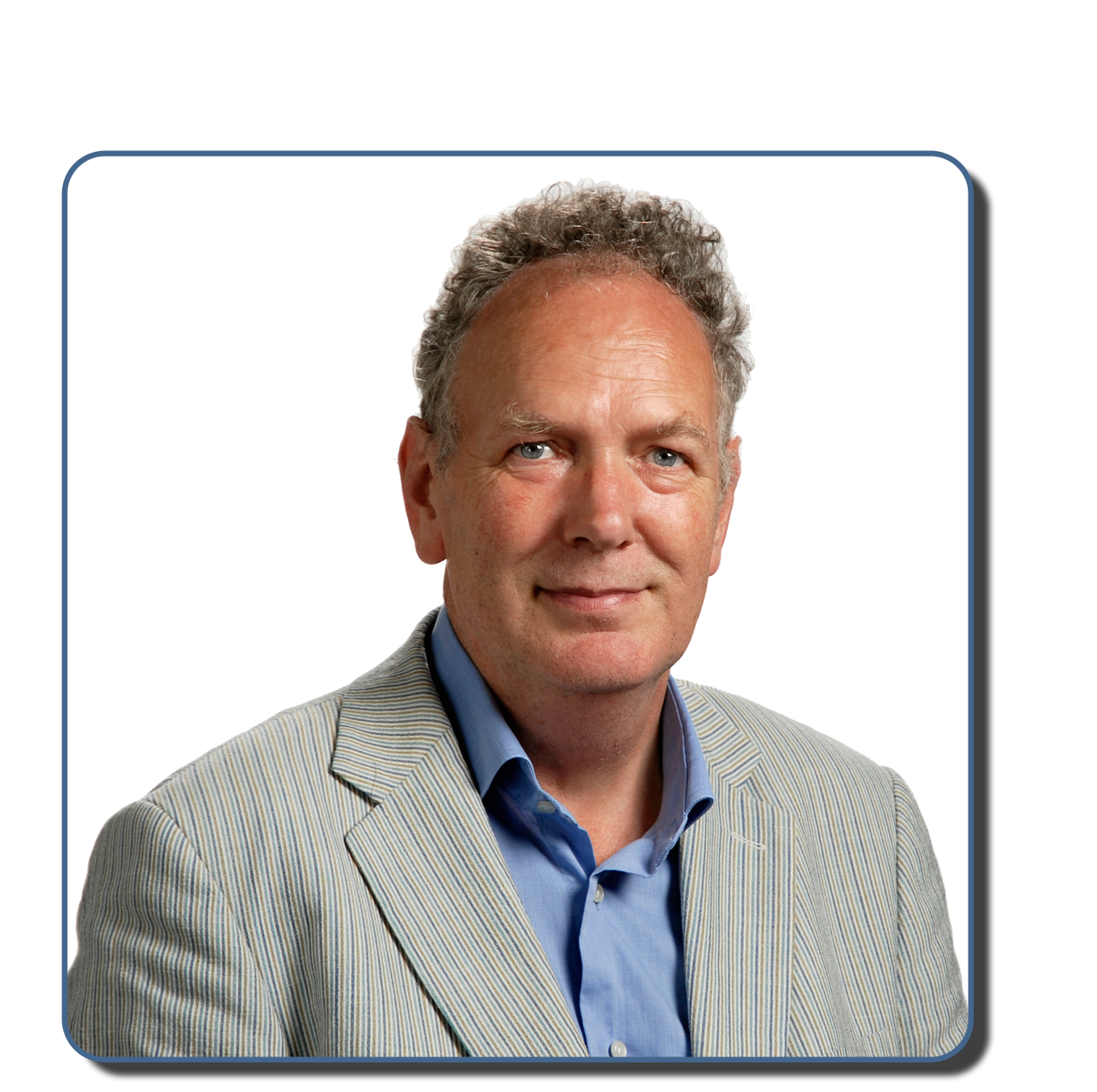Prof. dr. Meerten Berend ter Borg, 1946-2017
On December 26, 2017, Meerten Berend ter Borg, professor emeritus of Non-institutional religion in modern society at Leiden University, passed away in his home, in the presence of his wife Marlies and their children.
Ter Borg was an influential public intellectual in his home country, the Netherlands, and colleagues and students remember him as a sharp-witted scholar and an inspiring teacher. A close friend and associate of Edward Bailey, Ter Borg was also a regular participant in the Denton conferences,
and, after its inception in 1998, a frequent contributor to Implicit Religion.
The papers read at the symposium "Animal Religiosum: Implicit and Non-institutional Religion and Beyond," which was held in Leiden on the occasion of Ter Borg's retirement, were printed in a special issue of Implicit Religion in 2012 (Bailey, Ter Borg, and Pärna 2012). Ter Borg dedicated his career to scrutinizing the profound transformation of the religious field that took place in the West during his own lifetime,in particular the decline of institutional religion and the rise of alternative and implicit systems of meaning-making (e.g., 1991, 1996, 2003,2004, 2008a). From 1983 to 2011, during the time that Ter Borg taught sociology of religion at Leiden University, he observed this transformation
play out at his very own workplace. The Faculty of Theology, which had been one of the mainstays of the university since its foundation in 1575, was disestablished and the theological study programmes discontinued- while at the same time students across the university seemed to display a constant or even increasing interest in existential matters.
With Thomas Luckmann and Edward Bailey, Ter Borg shared the fundamental idea that the human being is an animal transcendens whose ability to think beyond the here and now leads it to contemplate its own insignificance and finality (2008a, 129). Adapting a term from Anthony Giddens, he referred to the psychological state resulting from such anxi¬ety provoking deliberation as "existential insecurity" and added, crucially, that only meaning can alleviate this deficient condition (Ter Borg 2008a, 129). On all of this Luckmann, Bailey, and Ter Borg agreed, but Ter Borg went further. He was keen to emphasize, over against Luckmann, that not all meaning-and not all answers to human existential concerns-are necessarily religious in nature (Ter Borg 2008b, 232, 235; cf. Davidsen 2012, 561-563). Indeed, for Ter Borg, meaning systems are religious only if they are divinely sanctioned and only in so far as those individuals who make use of them consider the sanctioning authority to be real (2008a, 130-131). The distinction between religious and non-religious meaning-making was crucial for Ter Borg, as it points to a fundamental paradox in the modern world: Religion constitutes the most potent form of meaning-making, but in secularized modernity religion is at the same time the least plausible and most vulnerable of all symbolic activities.
Unsatisfied with merely identifying religion-like phenomena such as football, art, and psychotherapy as "invisible" or "implicit" religion, Ter Borg sought to understand how systems of meaning-making, religious and non-religious alike, function in the social world. Inspired by Peter Berger and Thomas Luckmann's analysis of the construction and maintenance of symbolic universes (1966), he outlined a general theory of meaning-mak¬ing that included, as one of its cornerstones, the identification of a cata¬logue of "maintenance mechanisms" (in Dutch: handhavingsmechanismen) by which (adherents of) symbolic systems seek to maintain ontological security (Ter Borg 1991, 59-77; Ter Borg and Ter Borg 2009, 112-130). Ter Borg further sub-divided these maintenance mechanisms into two groups: integration mechanisms, such as ritualization and compartmen¬talization that strengthen the symbolic universe from within, and defence mechanisms, such as taboos and denial that mitigate external threats to the plausibility of the meaning system. His emphasis on the human need for meaning did not make Ter Borg blind for the negative effects that symbolic universes can potentially have for human thriving if they go off track. For example, in one strand of his work, inspired by Pierre Bourdieu and Michel Foucault, Ter Borg showed how the human need for meaning renders us vulnerable to populists and quacks, and how in fact all providers of meaning, including ministers and medical doctors, exercise symbolic power over those whose actions and attitudes they seek to influence (Ter Borg 2009; Ter Borg and Ter Borg 2009). Furthermore, in an analysis similar to the one developed by anthro¬pologist Roy Rappaport in Ritual and Religion in the Making of Humanity (1999), Ter Borg identified fundamentalism as an unhealthy modality of meaning-making whose maintenance mechanisms have gone into over¬drive. By contrast, Ter Borg viewed vrijzinnigheid (roughly: freethinking), a form of meaning-making that combines tolerance towards other forms of meaning-making with a non-absolutist belief in one's own tradition (2010, 11), to be the meaning-making modality best suited for the twenty-first century. One can only hope that his dictum "the future belongs to the freethinkers" (vrijzinnigen hebben de toekomst) will turn out to be indeed prophetic.
Meerten ter Borg leaves behind his wife, Marlies, a sociologist and philosopher in her own right with whom he worked closely together throughout his career, as well as two children, Irene and Berend, and two grand-children, Eva and Ewout-Meerten.
Markus Altena Davidsen m.davidsen@hum.leidenuniv.nl
Implicit Religion © Equinox Publishing Ltd. 2018
....
Lees meer…
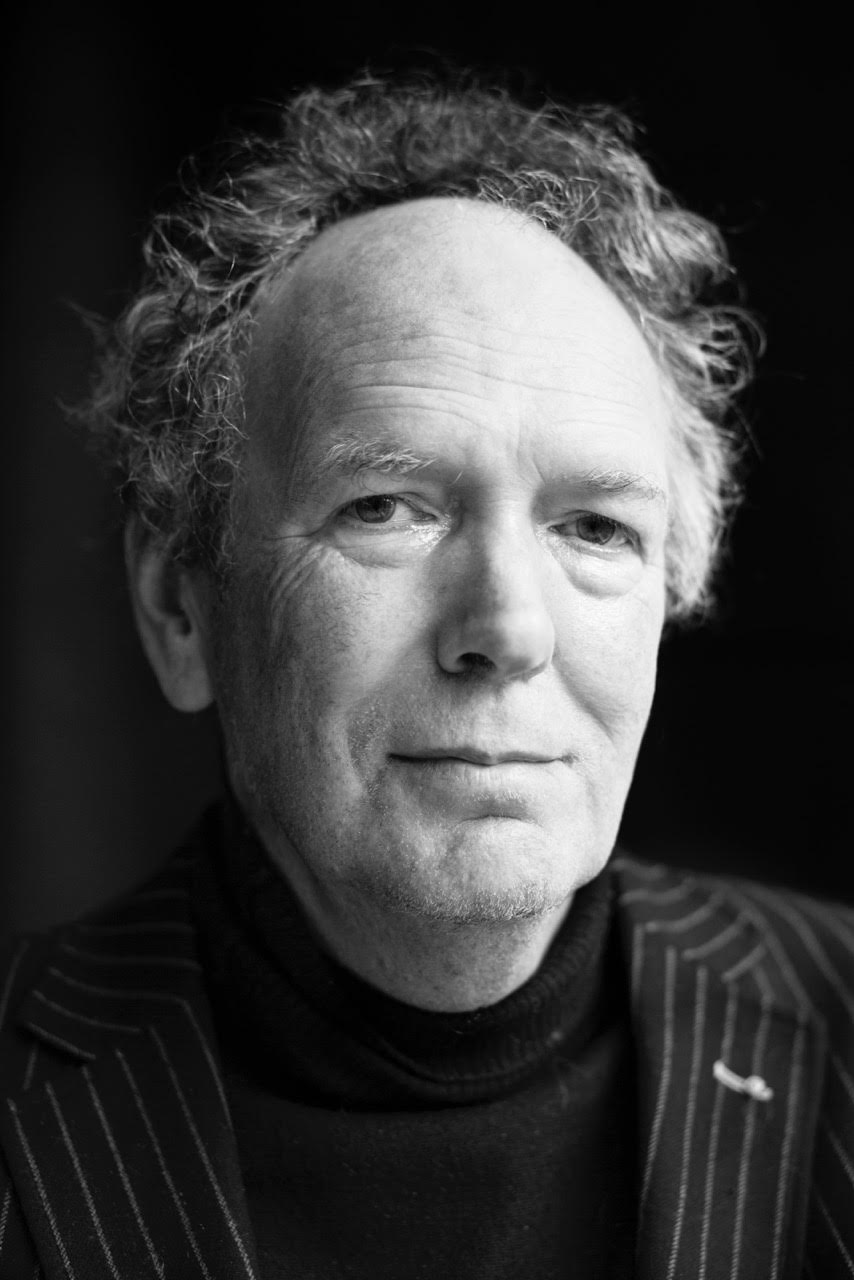
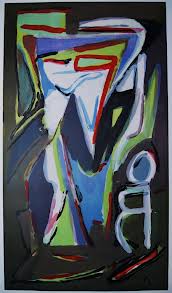

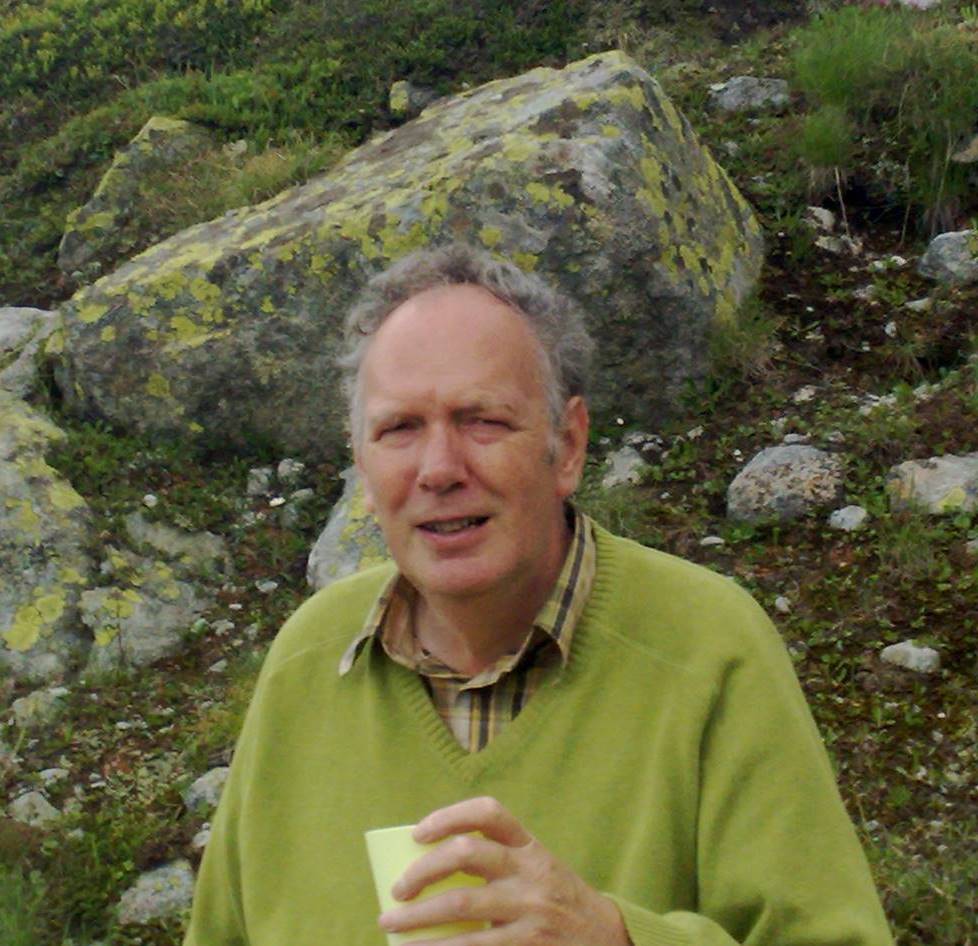
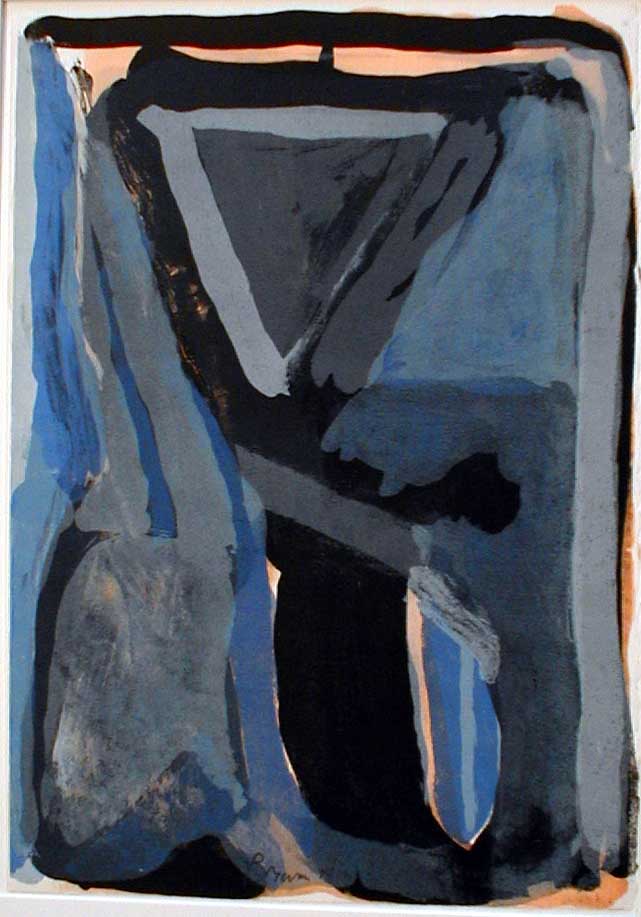
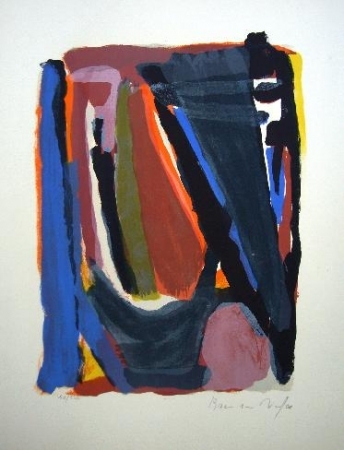
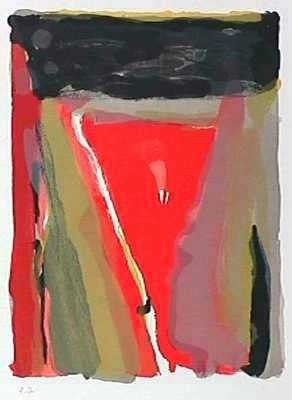
.tif)
